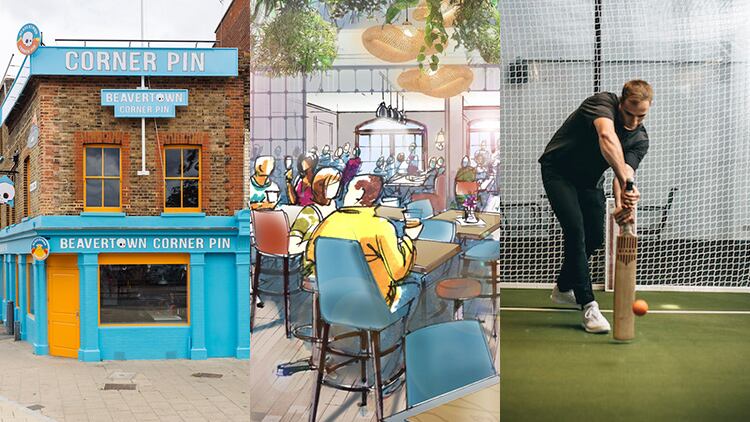However, in some cases we are seeing licensing authorities offer hope through the relaxation of their Licensing Policies and Cumulative Impact Assessments, giving operators the opportunity to enter and expand in areas that were previously closed-off from a licensing perspective.
While high streets and town centres are suffering culturally due to the loss of so many hospitality businesses, the upshot of this is that there are now units available in excellent locations.
With the drop in demand, landlords are unlikely to command the kind of rents in prime locations that we saw pre-pandemic. Coupled with the relaxation of planning laws for use classes, now may be an ideal time for operators to expand into some very desirable areas.
In some of these areas there has also been a helpful response from local licensing authorities through their Licensing Policies. Each council must adopt a Licensing Policy within which they may decide to designate certain areas as suffering from cumulative impact.
Licensed premises concentration
Cumulative impact areas are where the council has determined that the cumulative impact of a concentration of licensed premises in a particular area is having serious detrimental impact on the Licensing Objectives.
As many operators will no doubt be aware, within Cumulative Impact Areas there is a rebuttable presumption to refuse applications for new premises licences and extensions of hours, unless exceptional circumstances can be shown. These areas are typically designated in city centres and generally the most desirable locations for operators.
Councils are legally required to review their Licensing Policy at least every five years and any Cumulative Impact Assessment must be reviewed at least every three years.
The pandemic coincided with a large number of Council policies coming up for review and in the past 12 months we have been pleased to see several Councils remove Cumulative Impact Areas from their Policies, including Bristol, Hartlepool, Birmingham, Trafford, Hereford, Bournemouth, Christchurch and Poole.
It should be noted that the removal of these Cumulative Impact Areas may also be down to the long-term improvements made by operators and local authorities to reduce the risk of crime and disorder and public nuisance. Either way, where the policies have been relaxed there is now an opportunity in those areas to extend licences and for new businesses to obtain new premises licences where previously this was unachievable, or the types of premises licences granted were severely constrained.
Policy review
Other councils, such as Camden, are carrying out “interim” reviews of their Licensing Policies at this time, usually with no proposed change to the Cumulative Impact Assessments.
The councils recognise however that the full impact of the pandemic may not be clear yet and a full policy review may be more appropriate in 12 to 18 months’ time. We expect to see further licensing policy reviews such as this in the not-too-distant future and perhaps some further withdrawals of Cumulative Impact Areas.
Operators should be aware that councils are required to consult premises licence holders, amongst other interested parties, in the process of reviewing their Licensing Policy or Cumulative Impact Assessments. We would encourage operators to keep an eye out for these and to submit comments and evidence regarding the policies where they can, to fully inform the councils’ decisions.
Ultimately councils are making policies that could impact on the viability of hospitality businesses for years to come, so it is vital that the sector is appropriately represented in this process.




